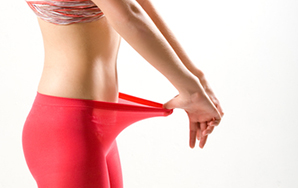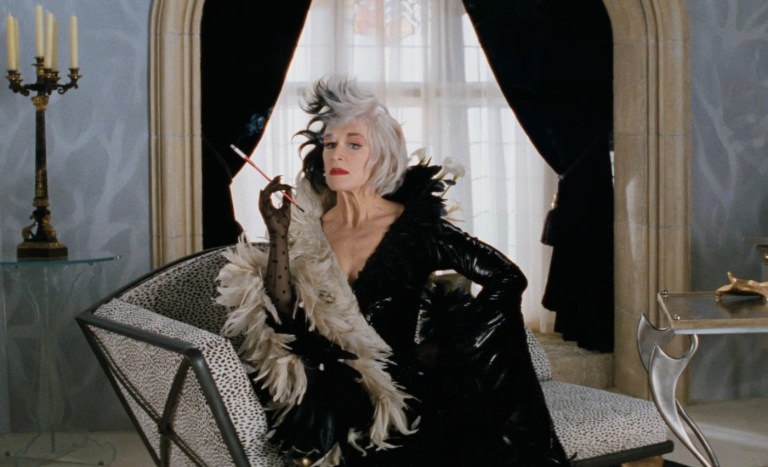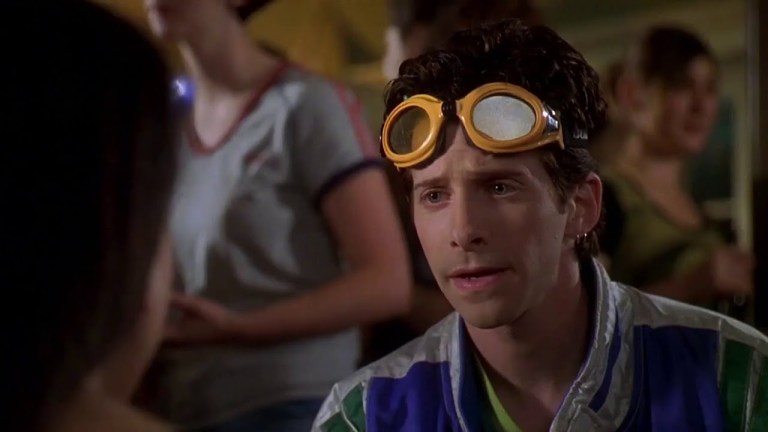
How To Lose Weight Without Hating Your Body
We know that if we eat whole, clean, nutritionally dense foods, we will feel better.
There are good reasons to get healthy, and we all know them. We know that if we eat whole, clean, nutritionally dense foods, we will feel better. We know that exercise is good for the body and mind, and will greatly improve your everyday energy level. These are all very legitimate, very important things that no one can deny. And a side effect of following these guidelines (within reason, no one should deny themselves the errant bacon cheeseburger) will often be a reduction in weight. Our bodies will slim down, become more toned, be less padded by layers of fat. In theory, there is nothing wrong with this.
But in reality, the reasons we might have for losing weight — especially as women — are much more fraught with self-hatred than a simple desire to have more energy in the mornings. It’s no secret that we are in a constant battle against our bodies, even against the natural things that occur in them as a result of an otherwise normal, healthy lifestyle. (Cellulite, stretch marks, birthmarks, a lack or overabundance of curves are all culprits at a certain point in our lives.) And it’s absolutely true that being thin is not an automatic indicator of health just as much as being heavier does not mean the person lives a sedentary lifestyle, but we know that this is only marginally about health.
Being slender is also about class, and access, and a certain kind of social prestige. It means that you have the time and means and energy to take immaculate care of your physical appearance, and you come from a sphere which prizes thinness. (Let’s state for the record that thinness and fitness are not one in the same, and that thinness is much more a social concept than anything else.) When you have modeling agencies literally recruiting outside of eating disorder clinics, health has absolutely exited the picture in every way possible.
It can be hard, then, when you want to lose weight, to determine what are the precise reasons why you want to make the change. There are ways to get fit which might leave you more muscular, for example, and wouldn’t necessarily lead to a decrease in overall weight. If your goal is to become trimmer, you are almost guaranteed to start having to make serious changes to your diet. (As opposed to the kind of physical activity which is so intense as to allow you to eat much more freely and copiously). You are going to have to start demonizing certain foods, and you might be doing it for the wrong reasons. You might deny yourself things which would otherwise give you pleasure — and be part of a balanced lifestyle — because you are afraid of the extra number on the scale. Your quest for health could be a euphemism for your quest to be what you perceive as beautiful.
My friend referred to herself as “disgusting” the other day for having gained a few pounds over a recent vacation. (You cannot tell, of course, and she is as svelte and lovely as ever, regardless of her weight.) It was so stunning to hear a girl who the entire outside world sees as beautiful refer to herself with such disdain. It made me wonder about the way I speak of my own body, the things I accuse it of, even when it is holding me up and allowing me to go through every day in good health. I asked myself how much of my personal quest for health was motivated because there was something about myself I fundamentally disapproved of as a result of my appearance.
Starting a few weeks ago, I’ve been paying quite a bit of attention to my health. I try to eat as clean as possible, and to work out six days a week. It’s true that I do feel much better, and that my body wants to keep doing it. But the other day, I was faced with the option to have a very delicious (and calorically unfortunate) snack, and seriously hesitated. I thought about the bikini I wanted to be wearing on the beach, and how my hips and thighs and stomach would look in it. I cringed at the thought of not attaining my goals because of being weak-willed, and of how disappointed I would be in my performance. I wanted the girl in that bikini to be beautiful. But then I realized, it’s much more important that the girl in that bikini is happy with her life, and with herself. So I shook it off, laughed with my friends, and ate the mozzarella sticks. And the world didn’t stop turning. ![]()











